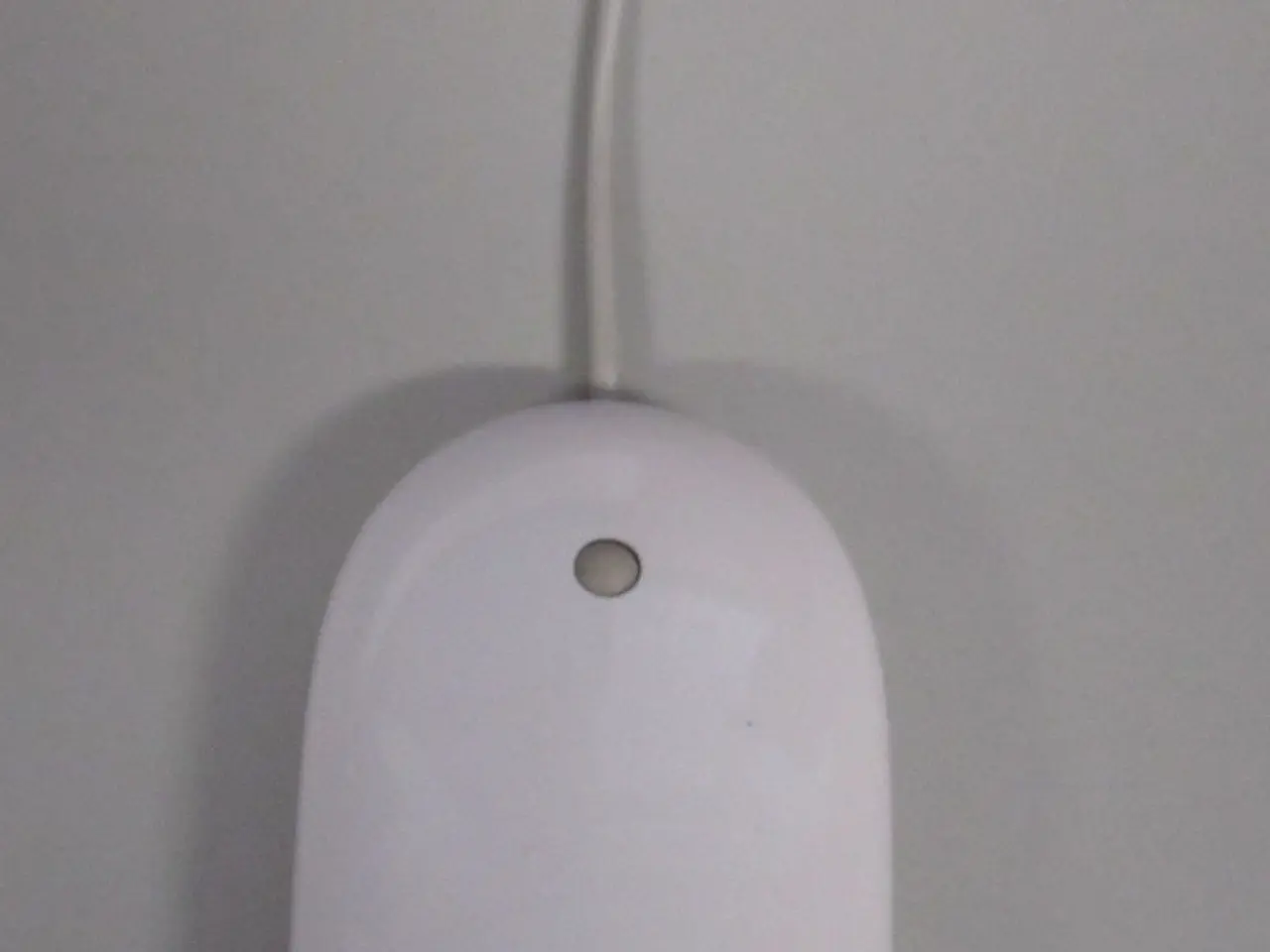Brain cells regenerate following injury courtesy of anti-depressants in initial research
In a groundbreaking study led by Dr. Jason Huang, an associate professor of Neurosurgery and chief of Neurosurgery at Highland Hospital, it has been found that the antidepressant Imipramine (Tofranil) may help spur the creation and survival of new brain cells after a traumatic brain injury. The study's findings, which were published online in the Journal of Neurotrauma, suggest that Imipramine could potentially revolutionise the treatment of brain injuries.
The work was funded by the National Institute of Neurological Disorders and Stroke and the University of Rochester. Dr. Huang's mentor, Douglas H. Smith, M.D., of the University of Pennsylvania, has previously found that a brain injury itself can prompt the brain to create more brain cells.
Imipramine, a tricyclic antidepressant, is known to influence neurogenesis—the creation of new neurons—in the brain. After brain injury, the brain attempts to repair itself, partially by generating new neural cells, particularly in neurogenic regions like the hippocampus.
The study conducted by neurosurgeons at the University of Rochester Medical Center involved the use of the FDA-approved drug Imipramine, which is already in clinical use. Mice treated with Imipramine had approximately 70% more neurons after four weeks than mice that did not receive the medication. Notably, Imipramine boosted the number of neurons in the hippocampus, the part of the brain primarily responsible for memory.
Mice treated with Imipramine showed better memory in behavioral tests, indicating that the drug may help improve cognitive functions affected by brain injury. However, the benefits of Imipramine did not extend to the motor skills of the mice.
The drug's mechanism of action in promoting brain cell growth and survival remains uncertain. The team suspects that Brain-Derived Neurotrophic Factor (BDNF) may play a role in this process. BDNF is a key neurotrophin critical for the survival, growth, and differentiation of neurons. It plays an especially important role in adult neurogenesis and brain repair mechanisms.
Imipramine treatment often leads to upregulation of BDNF expression in the brain. Increased BDNF levels contribute to enhanced neurogenesis and better survival rates of new neurons by activating signaling pathways that promote cell growth and resilience. BDNF facilitates synaptic plasticity which is essential for functional recovery after brain injury. By increasing BDNF, Imipramine indirectly supports the reestablishment of neural circuits damaged by injury.
Dr. Huang's work is influenced by his experiences treating soldiers and civilians in Iraq and his over-a-decade experience treating patients with brain injuries. The study aims to identify the molecular pathway that triggers brain cell creation in response to antidepressants.
Traumatic brain injury, experienced by approximately 1.4 million Americans each year, requires aggressive treatment that includes surgery, protective procedures, and extensive rehabilitation. The discovery of Imipramine's potential to promote brain cell growth and survival could offer a new avenue for treatment and rehabilitation in the future.
Read also:
- Stem cells potentially enhancing joint wellness and flexibility during aging process?
- Obtaining Ozempic: Secure and Legal Methods to Purchase Ozempic Online in 2025
- Home-Based Methods and Natural Remedies for Managing Atherosclerosis
- Exploring the Natural Path: My Transition into Skincare with Cannabis Ingredients






